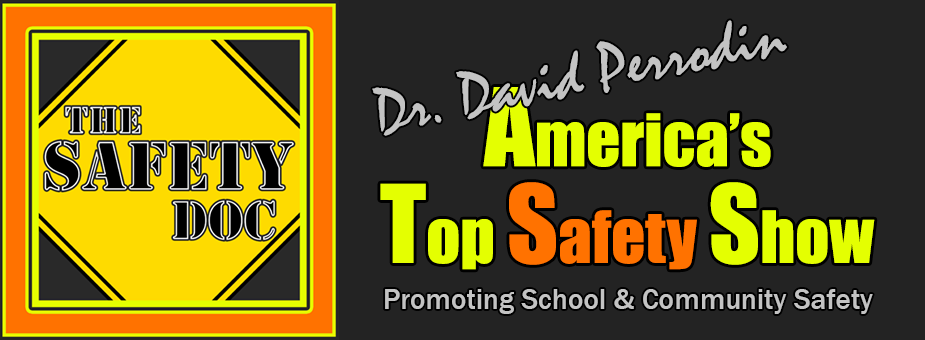Economic Argument for Price Gouging in Disasters – SDP#45
PODCAST-Market-reflective prices in disasters ultimately ensure a better supply of goods. With extreme need arises a Sophie’s Choice: (1) empty shelves, or (2) hyper-expensive items. Dr. Perrodin argues that price controls are over-simplified “solutions” to short-term complicated resource acquisition issues and sides with free market supply and demand pricing during short-duration sentinel events such as Hurricanes Harvey and Irma.
DIRECT LINK to MP3 of this Episode: https://tinyurl.com/SDP45-AUDIO
ANECDOTES
David begins with a rant about the Equifax data breach and questions why the default status for personal credit isn’t “freeze” versus having to pay to protect one’s credit. He humorously scours iTunes for former Equifax Security Chief Susan Mauldin’s “Greatest Hits”. Yet, despite her Masters degree in music composition, she has yet to rip a set of tunes. (Why would you place someone with this inadequate credential set in charge of Americans most vital personal identification data?). You would think that a company named Staples would be the unrivaled leader of making staples. Not so. Dr. Perrodin shares the failure of his Staples’ stapler and the dismal quality of other products he purchased from the spiraling office supplies store. The introduction transitions by David recapping a peanut-brittle scented bike ride, which arguably could have been the aroma of warm butterscotch.
PRICE GOUGING DURING DISASTERS
Numerous laws prevent price increases when supplies become scarce relative to need during times of crisis. The argument is based upon ethics and not upon economics
THE ECONOMIC CASE FOR PRICE GOUGING
Dr. Perrodin centers his show on an article by Corinne Purtill of Quartz. She states, “High prices on essentials during disasters feel, instinctively, like a cruel blow to people already suffering. But economists say that manipulating the market by forcing sellers to cap their prices can cause even bigger problems for disaster victims. As many economists see it, the higher prices on essential goods in the wake of a disaster like Hurricane Harvey are an accurate reflection of the greater cost and risk of supplying the item.”
PRICE GOUGING IS SHORT-LIVED
Dr. Perrodin points out that the free market quickly stabilized prices on food, fuel and many essential items following both Hurricane Harvey and Hurricane Irma. While price gouging may last for weeks, months or years in other areas of the world, such practices only last a few days in disaster-stricken areas in the United States. The Red Cross and National Guards scale up quickly and bring in core items to impacted regions. Ultimately, Dr. Perrodin sides with the case for price gouging during a disaster event with the exception of medications.
FOLLOW
- PodBean https://tinyurl.com/SDP45-AUDIO
- Apple Podcasts https://itunes.apple.com/us/podcast/the-safety-doc-podcast/id1209802253?mt=2
- Watch this episode on YouTube https://tinyurl.com/SDP45-VIDEO
- The 405 Media http://the405media.com/the-safety-doc/
- SAFETY DOC WEBSITE & BLOG safetyphd.com
- Follow David & The Safety Doc Podcast on Twitter @SafetyPhD
- Email Dr. Perrodin [email protected]
Article referenced for this podcast: The Economic Case for Price Gouging by Corrinne Purtill. August 27, 2017. Quartz.
